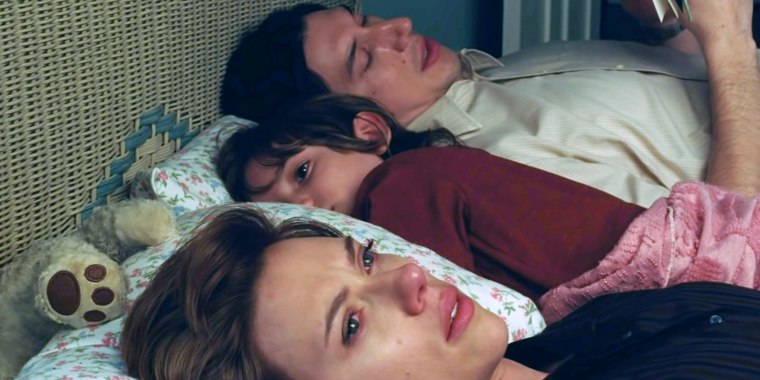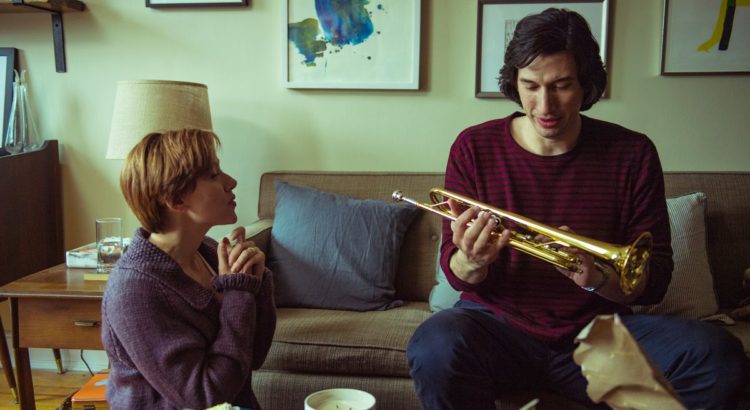The beginning of marriages tends to be well documented. Professions of ever-lasting love on Facebook. Engagement photos on Instagram. Videographers and photographers at the meticulously planned wedding. No detail is too small to be forgotten. Everything must be remembered. The end of marriage, on the other hand, is swept carefully away, only referred to in a past tense long after it has occurred. No one live tweets their divorce. In many ways, then, divorce becomes more personal and less public than even marriage. An intensely shared experience between two people alone. Yet, Marriage Story brings this private process to the big screen without sacrificing any of the awkward, all-too touching intimacy.

When you marry someone, you know more than enough to love them. When you divorce someone, you know just enough to hurt them. Nicole (Scarlett Johansson) and Charlie (Adam Driver) obviously know a lot about each other. Years of accumulated knowledge spill out over the opening few minutes as each describes the other, noting many of the little quirks and characteristics that make up their partner. Each detail is the result of loving and being loved. Yet, all this knowledge is not enough to stay in love. For all of the things that Charlie and Nicole do notice about each other, there are other characteristics that they failed to acknowledge. Oversight breeds resentment and grievances overwhelm. Gradually, affection is paired with an equal amount of bitterness. What director Noah Baumbach does so well is portray both the lingering tenderness as well as the animosity. By avoiding depicting a truly hateful divorce, he achieves sympathy for both Nicole and Charlie. Neither want to hurt each other. Yet, the process of separation makes hurt inevitable. For, divorce means an entire disentangling of lives. It means taking separating all the things you once shared together. It means becoming selfish and a little bit petty despite your best intentions. Marriage Story doesn’t avoid depicting the inevitable clumsiness of the process, often in ways that aren’t typically acknowledged by separation stories. A particularly funny and insightful scene, for example, involves Nicole informing her mother and her sister that they can no longer be Charlie’s friends during the divorce. Even families must be disentangled. The process of divorce becomes imagining separate lives when you once could only see them together.

To their credit, it is even more impossible to imagine the film without the collective brilliance of Johansson and Driver. Each, when given the moment to shine, take the light and reflect it a hundredfold. Johansson is particularly good at modulating her voice, going from a place of resignation and softness to fierce independence. Her face, too, expresses a thousand different feelings in the span of a monologue. It is a revelation after seeing Johansson stiffly emoting in so many Marvel movies. Driver, on the other hand, is most effective with his body. He uses every inch of his tall frame, his physicality always more humorous because of how large he is. Somehow, he depicts Charlie’s lack of self-awareness through slouches and hand gestures alone. The characters are brought to life both by these extraordinary performances and the thoughtful attentions of Baumbach, who wrote the screenplay as well. It is almost uncanny how natural the dialogue is, as if all were improvised or stolen directly from real life. Johansson and Driver deliver his words without a hint of performance, transforming memorized lines into something more honest. Thus, when Charlie and Nicole speak, we pay attention, unable to tear our eyes or ears away from the screen.
Marriage Story is all the moments that you typically cannot glimpse. It is about the messy moments that you don’t show others, for fear of exposing too much. But it is also about how those moments are ultimately necessary. There can be no omelet without first breaking a couple of eggs.


